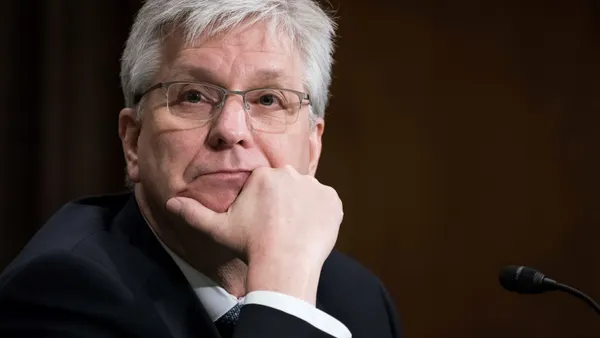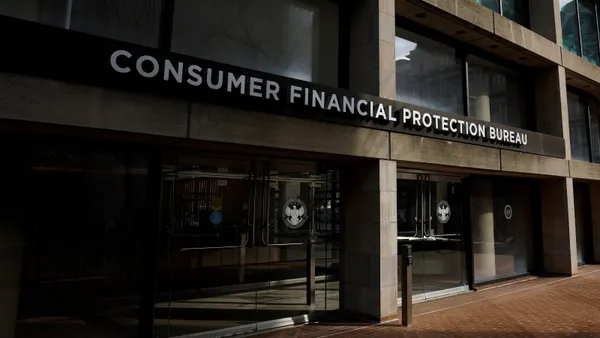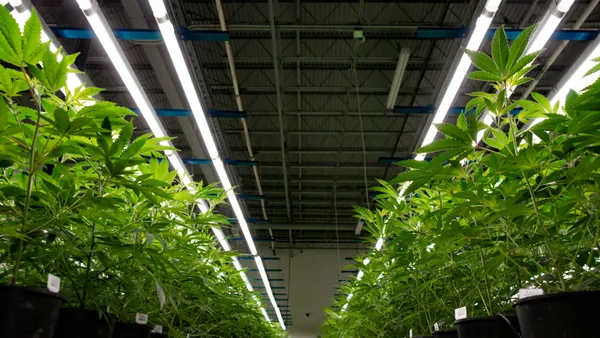Trading app Robinhood is developing the capability for users to receive their paychecks by direct deposit up to two days early, Bloomberg reported Wednesday.
The upcoming functionality was found within a beta version of a soon-to-be-published update to Robinhood’s iPhone app. The feature, to be called Early Direct Deposit, won’t have fees and will be accessed within the company’s existing direct-deposit option, according to app code seen by a developer.
"Now you can get paid up to two days early," a message inside the app will read, according to the wire service. "Because eligibility depends on your employer, we’ll let you know if you can get paid early on your next pay cycle."
This wouldn’t be the first time this year that app code has revealed a financial services company’s offerings before launch. Evidence of Square’s plan to offer small-business checking and savings accounts appeared in an update to the company’s iPhone app code about two months before the fintech debuted the products.
Early wage access is gaining popularity across the financial services sector. Challenger banks such as Green Dot, Varo, Chime and Current used early-access features to deliver customers’ COVID-19 stimulus payments days earlier than traditional banks. Incumbent banks, meanwhile, have begun adopting early wage access as an alternative to charging overdraft fees, which lawmakers such as Sen. Elizabeth Warren, D-MA, and Rep. Carolyn Maloney, D-NY, have called out as unnecessarily punitive.
Capital One, Fifth Third and San Antonio-based Frost Bank are among the institutions that have launched early paycheck access this year.
The early direct deposit access feature also represents an effort by Robinhood to expand beyond trading. The company made 81% of its second-quarter revenue, according to the Financial Times, from payment for order flow — the selling of clients’ trades to high-speed trading firms.
That business model, however, has come under fire. Securities and Exchange Commission (SEC) Chairman Gary Gensler told Barron's on Monday that a full ban on payment for order flow is "on the table." Robinhood in December agreed to pay the regulator $65 million to settle charges that it failed to disclose until 2018 that it engaged in payment for order flow.
Robinhood has inched toward offering bank-like features before. The company in 2019 announced it would offer a high-yield cash management account. It halted its first savings account endeavor after it neglected to notify the SEC or the Securities Investor Protection Corp. (SIPC) ahead of the launch. The company later said it would rebrand and rename the product following pushback from regulators. Robinhood, toward the end of 2019, pulled its application for a bank charter with the Office of the Comptroller of the Currency (OCC).
"We want to be the single place that our customers go to for all things money," the company’s CFO, Jason Warnick, said during an earnings call in July, according to Bloomberg.
Previous beta versions of Robinhood’s app have revealed other under-development features, such as a function letting users invest spare change, as well as protections against swings in the value of cryptocurrency. Robinhood is also developing a voice verification feature for its phone customer service, according to app code seen by Bloomberg.












